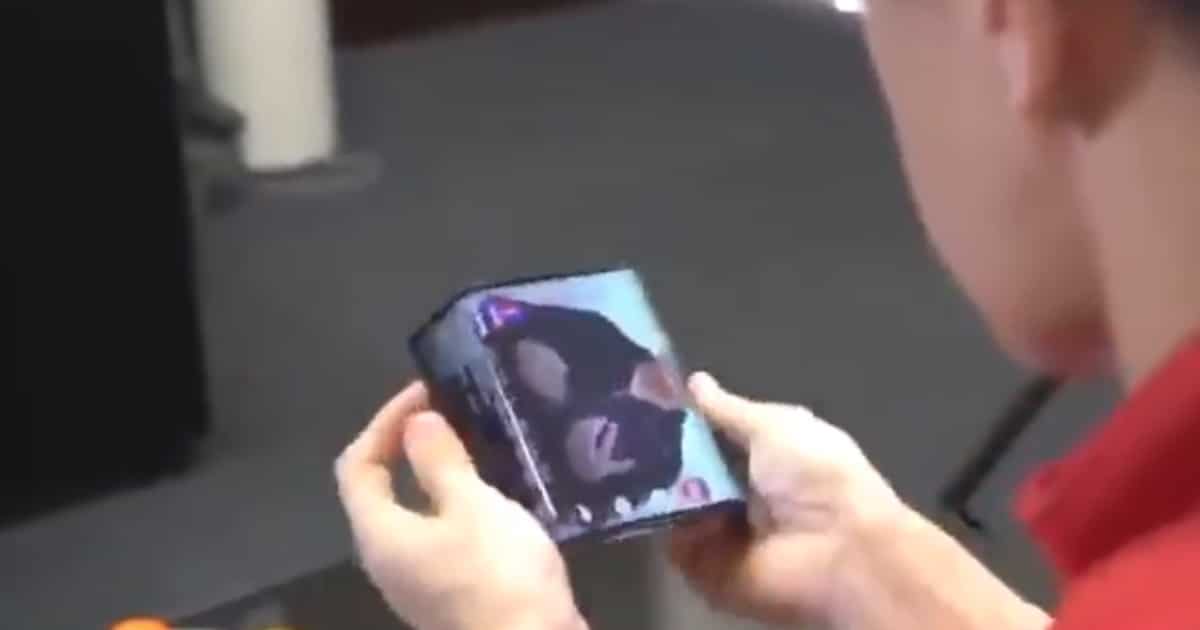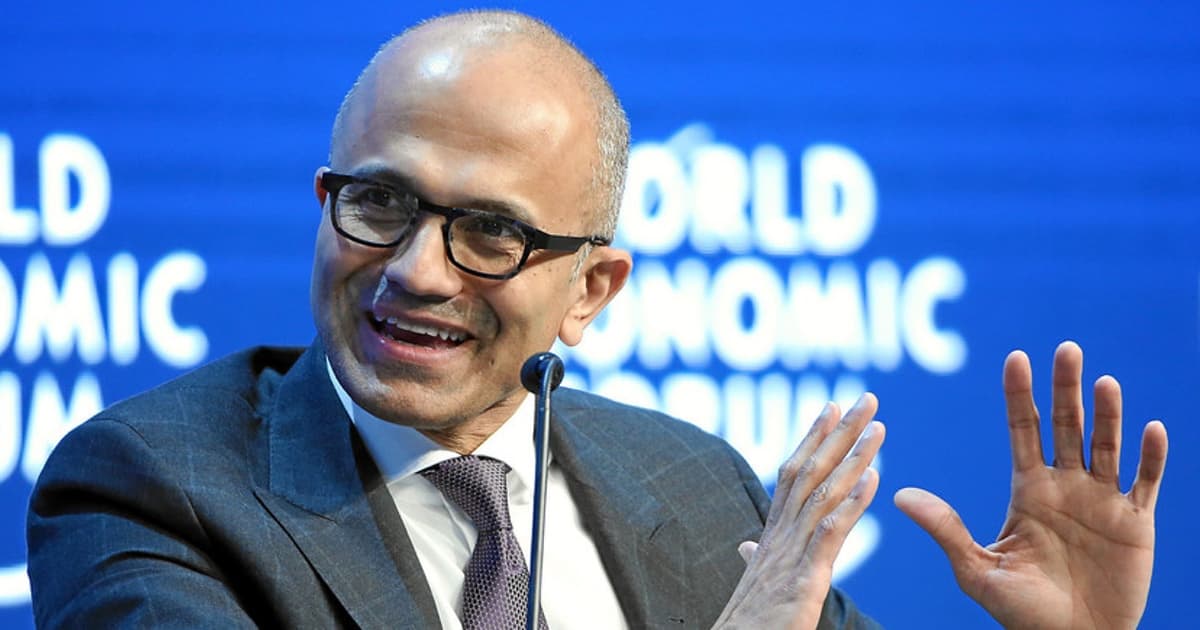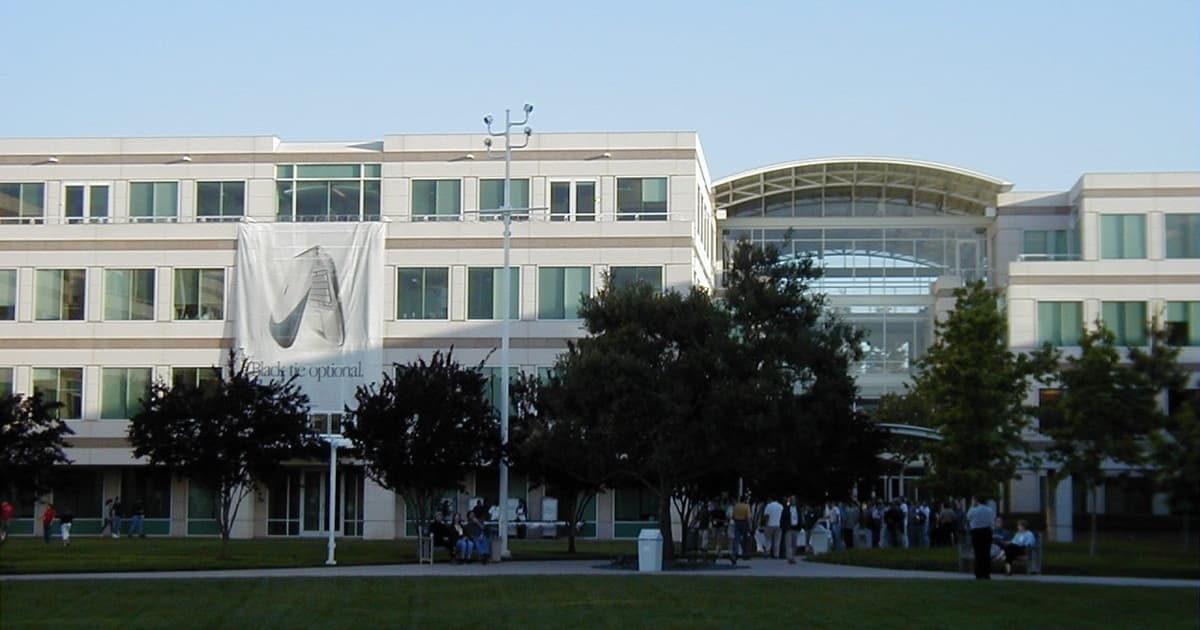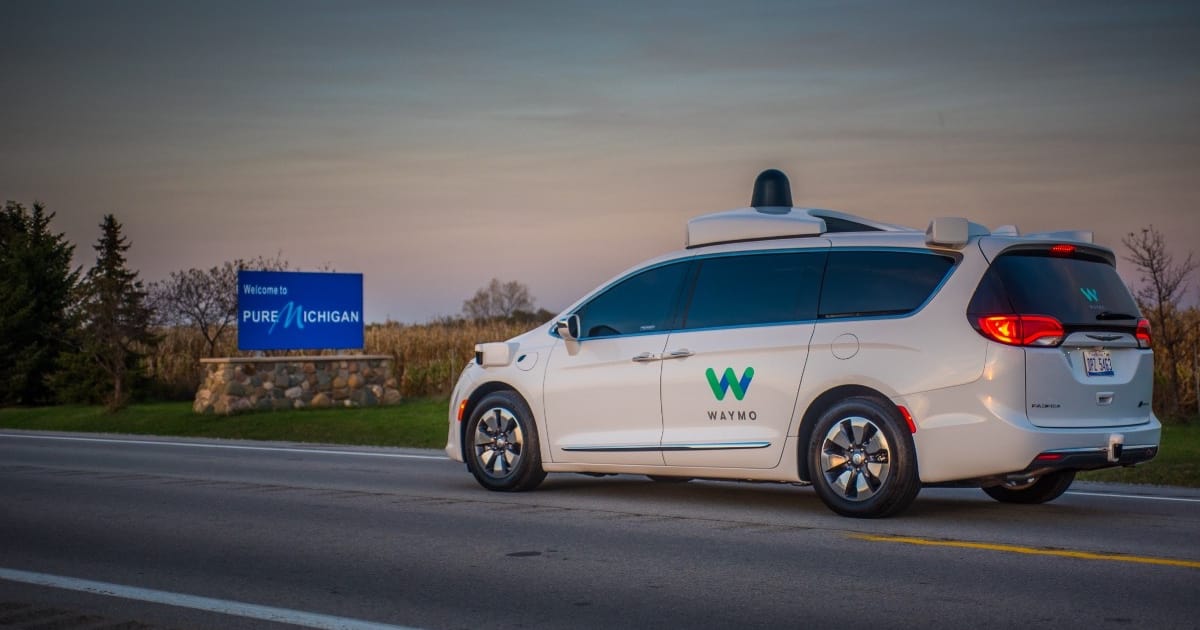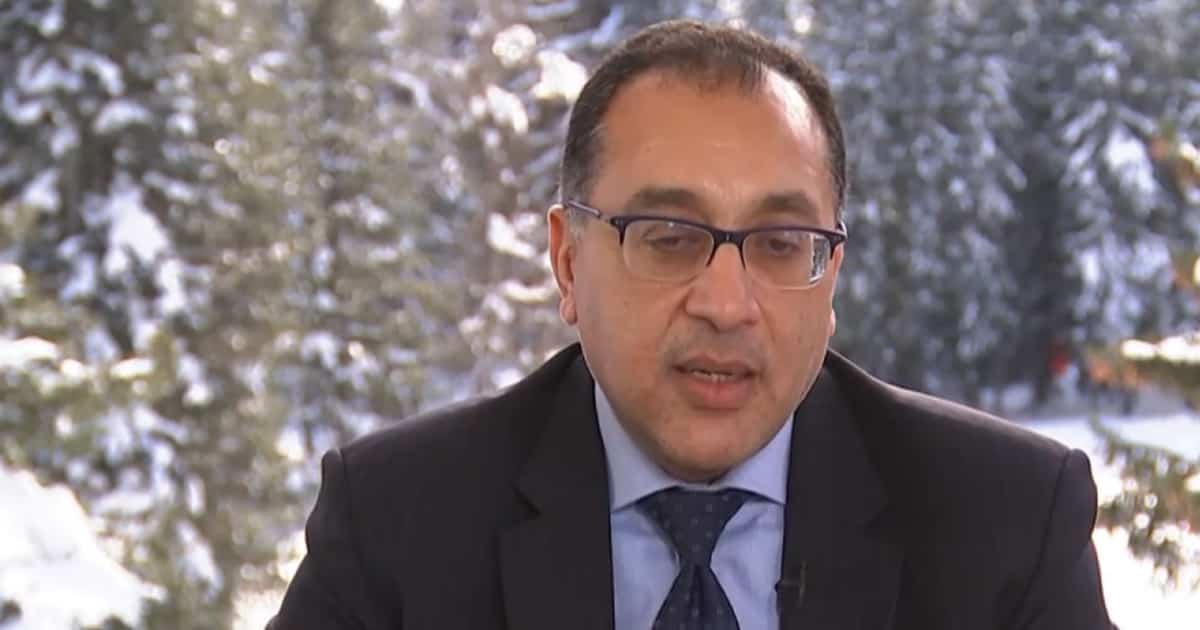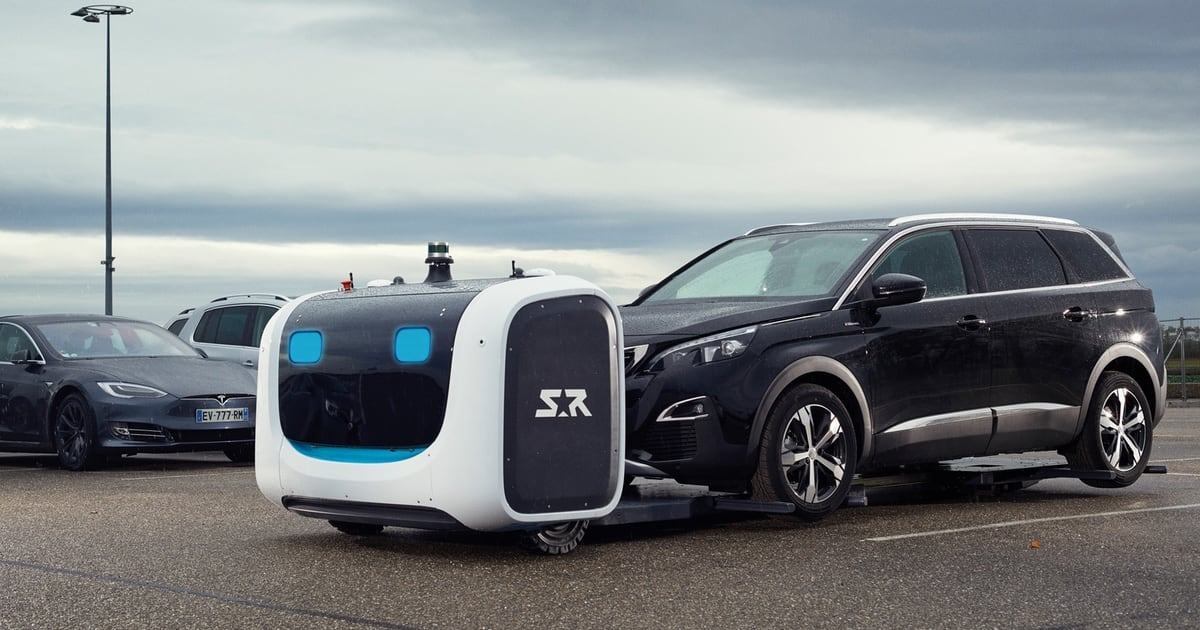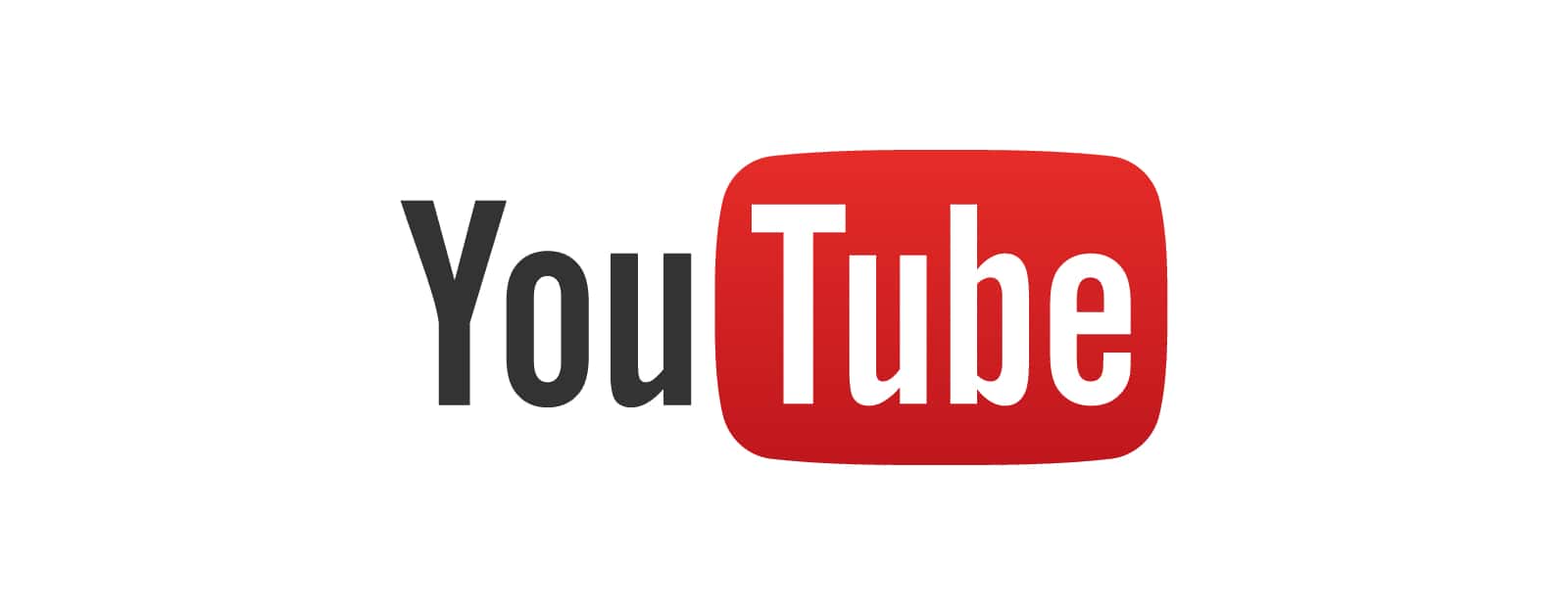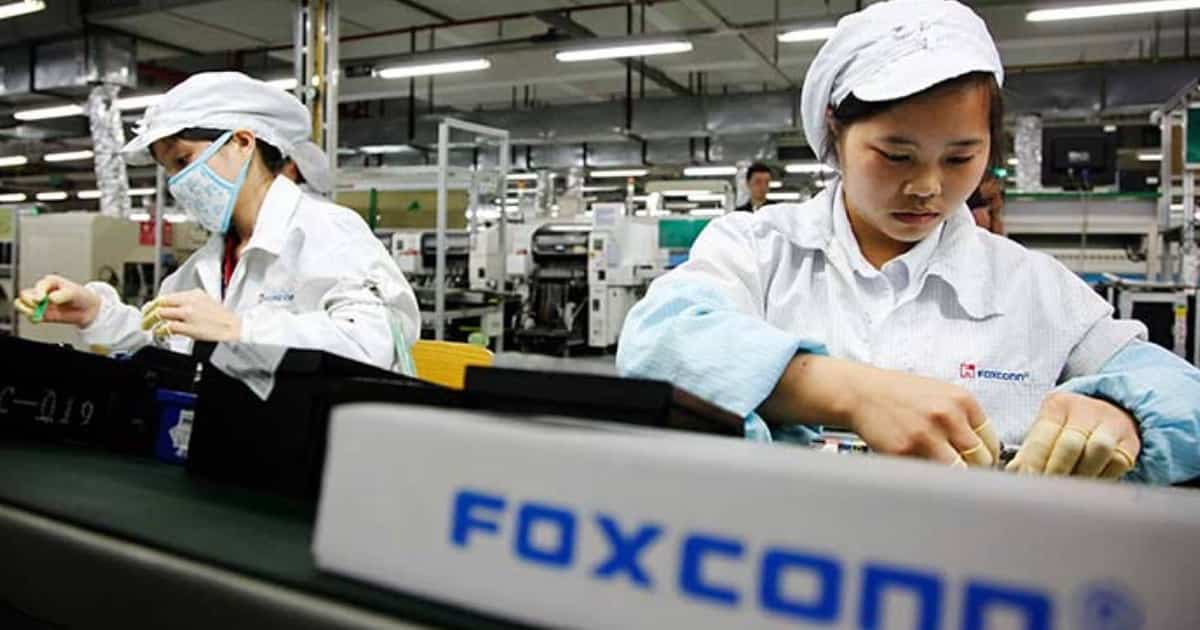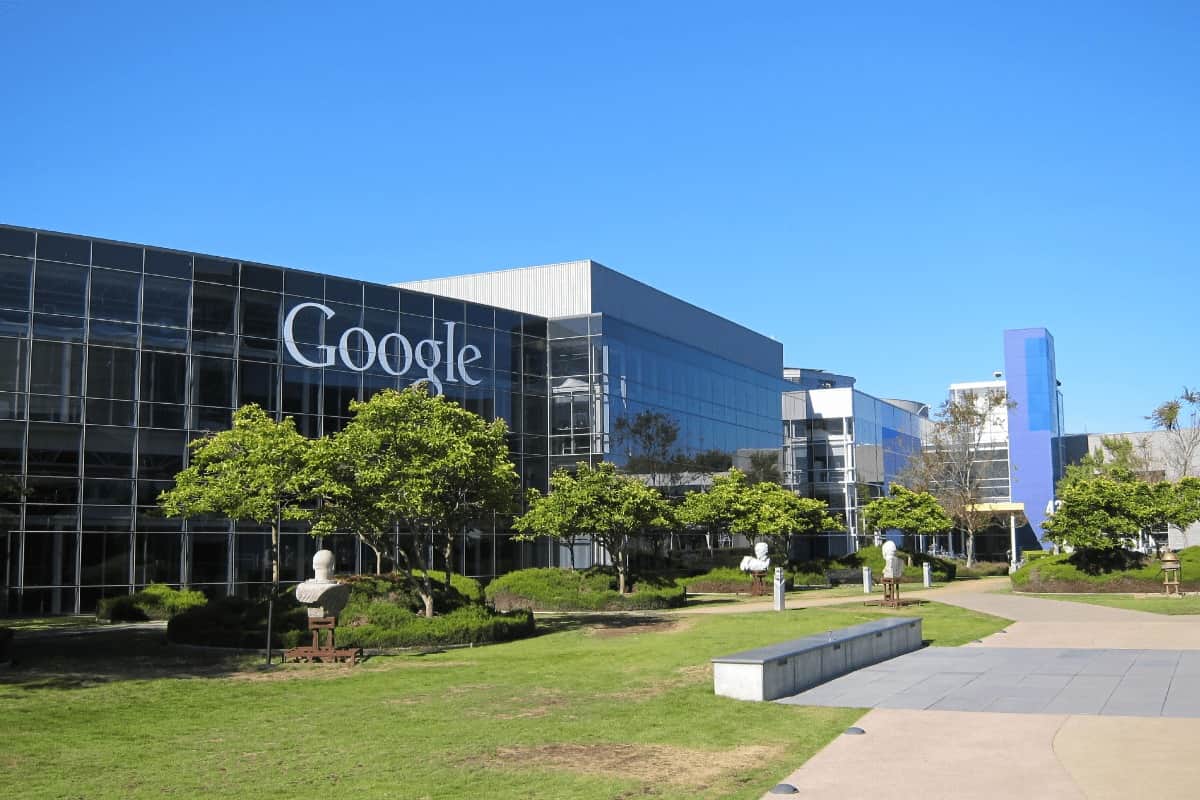Britain’s impending exit from the European Union is a major concern for the UK tech industry, with immigration top of the worry list.
Articles by Charlotte Henry
Apple Outspent by Rivals in Record Year of Tech Lobbying
Tech firms spent a record amount lobbying the U.S. Government in 2018. Re/Code reported that Apple spent $6.6 million, slightly down from $7.2 million the year before. Although significant, Apple’s outlay was lower than that of the other major tech firms. For example, Google spent $21 million, while Amazon spent $14.2 million, and Facebook spent $12.6 million. Microsoft too outspent Apple, spending $9.5 million. In total, the firms invested $48 million in lobbying in 2018, up 13% from the year before.
Lobbying growth among the tech giants — especially companies that leverage user data for advertising revenue — comes as they are falling under increased government scrutiny. Facebook in particular faces a record Federal Trade Commission fine over apparent violations of data privacy practices in the Cambridge Analytica scandal that was revealed last year.
Growing Questions around Huawei's Links to Chinese State
Despite insisting on its independence, the questions around Huawei’s connections to the Chinese government have grown in recent months. CFO Meng Wanzhou remains under effective house arrest in Canada and the U.S. is preparing to ask for her extradition. Western firms stopped using Huawei technology for key infrastructure, particularly around the roll-out of the 5G network. Wired looked at what is really going on.
It has been suggested the Chinese state could put pressure on Huawei to install backdoors into its products which would allow China to spy on network traffic, potentially on a global scale. Political leaders have also questioned Huawei founder Ren, who was an engineer in China’s army and joined the ruling Communist Party in 1978. Similar concerns have previously been raised around Russian security firm Kaspersky, and its connections to intelligence services in the country.
New Shot on iPhone Video 'The Bucket' Celebrates Chinese New Year
As expected, the latest “Shot on iPhone” video landed Thursday, to celebrate Chinese New Year. Shot on an iPhone XS by filmmaker Jia Zhangke, The Bucket tells the story of a man heading to the city for Chinese New Year, and the bucket his mother gives him for his travels filled with the taste of home.
Messy Negotiations Over EU Internet Regulations
European Union (EU) negotiations are notoriously messy. Discussions on the EU’s Copyright Directive have proved to be no different. The legislation was meant to update copyright rules so they worked in the digital age. However, in the most recent talks, which took place Friday, six countries changed their approach to two of the Articles being worked on. This meant the discussions could not reach a vote and a conclusion. The Verge delved into what happened, and what it all means for Europe’s internet.
Prior to Friday’s talks, a minority group of the EU’s 28 member states were fighting for more generous interpretations of these articles. These were Germany, Belgium, the Netherlands, Finland, and Slovenia. But on Friday, they were joined by representatives from Sweden, Croatia, Portugal, Luxembourg, Poland, and Italy, creating a sizable bloc.
Xiaomi Showed Off the First Double Folding Smartphone
Chinese smartphone maker Xiaomi revealed a smartphone with a difference. On Wednesday, Senior Vice President Wang Xiang tweeted a video of Xiaomi President Bin Lin with a double folding smartphone. It is just a short clip, but it is pretty cool. The clip shows a video playing on the phone, and continuing to play as the sides of the device are folded back. The screen appears to take up almost the entire front of the device. There is also a longer video on Weibo. No word from Xiaomi on when it will be available to consumers though.
Excited to share this video of a special Xiaomi smartphone from our President and Co-founder Bin Lin. It is the world’s first ever double folding phone — that’s pretty cool, isn’t it? #xiaomi #foldingphone #technology pic.twitter.com/iBj0n3vIbW
— Wang Xiang (@XiangW_) January 23, 2019
Microsoft CEO Said Data Should be 'Like Electricity'
Speaking at the World Economic Forum, Microsoft CEO Satya Nadella said data should be “democratized” and his firm is a “platform company”.
Amazon Launched a Pilot of its Delivery Robots
Amazon will pilot its Scout delivery robots, with six devices undertaking deliveries in Snohomish County, Washington.
Filemaker wants Everyday to be Casual Friday
Apple subsidiary Filemaker is fed up of hype. Its latest Workplace Innovation film features a firm using Filemaker to try and resolve the issue of lost deliveries. Oh, and a new, casual, office dress-code. I like the idea of cutting away from a lot of the hyperbole that accompanies tech innovation these days, and this clip is rather fun. The less said about the man-bun the better though!
Apple Just Fired 200 Project Titan Employees
In the latest shakeup of Project Titan, Apple fired 200 employees and moved others elsewhere in the company.
Waymo to Build Self-Driving Cars in Michigan
Alphabet-owned company Waymo announced it will open the world’s first Level 4 autonomous vehicle factory in Michigan.
Egypt Wants an Apple Hub, Despite iPhone Price Row
Egypt’s Prime Minister said he wants Apple to increase its presence in his country, despite an ongoing row over iPhone prices there.
French Defence Secretary - 'Cyber War has Begun'
“Cyber war has begun” according to French Defence Secretary Florence Parly, who emphasized the country’s offensive cyber capabilities.
Gatwick Airport to Trial Valet Parking Robots
LONDON – Gatwick airport is to trial the use of valet parking robots for three months, starting in August. It is hoped that the French-made devices will make parking before a holiday easier and less stressful. The Evening Standard, London’s evening paper, reported that trials are also taking place in other European airports – Paris, Lyon and Düsseldorf. An earlier 5-month trial at Paris’s Charles de Gaulle was deemed successful.
Under a trial which begins in August, travellers will leave their car in a dedicated drop-off zone and summon a droid, booked by app, on a touch-screen. As the customers are shuttled to the terminal, the battery-powered robot rolls up, slides a forklift-style ramp under the chassis, and uses military-grade GPS to ferry it to a secure bay — all without needing the keys.
When A Grab Ride Nearly Kills You
In March 2018, Singapore-based Bloomberg journalist Yoolim Lee ordered a lift via ride-hailing service Grab. She was heading to her daughter’s kindergarten. She never made it. There was an accident, and her driver fled the scene, with Ms. Lee trapped in the vehicle. She was freed but severely injured. After recovering, Ms. Lee looked into services like Grab and even confronted the driver who picked her up that day. She told the moving and eye-opening story in Bloomberg Business Week.
After I returned to work in May, I began digging into the licensing process. Before July 2017, the government had allowed drivers who applied for a new mandatory vocational license a one-year grace period during which they could take the course and pass a written test. But of the 42,900 private-hire car drivers in this category, only 22,000 had managed to get a full license within a year. The implication, to me anyway, is that roughly half of these drivers shouldn’t have been on the road in the first place.
Huawei Chairman Hits Back During Davos Address
Huawei’s Chairman used a speech at Davos to hit out at restrictions from Western countries and call for a resolution to the arrest of its CFO.
Apple Made the iPhone SE Available Again
Apple made the popular iPhone SE available on its clearance website in the U.S. over the weekend for around $250.
At&T Return to Advertising on YouTube After 2 Years Away
At&T, one of the biggest marketers in the U.S., is back advertising on YouTube after a nearly 2-year hiatus. The company removed all its adverts from the video platform in 2017. It said Friday that it was satisfied that YouTube had worked to stop its adverts appearing next to disturbing or extremist content. At&T’s Chief Brand Officer, Fiona Carter, spoke with New York Times and emphasized that her firm demanded “a near-zero chance of our advertising appearing next to objectionable content.” That standard now appears to have been met.
The decision reflects the progress that Google-owned YouTube has made with advertisers in the 22 months since a number of them discovered that some of their ads were appearing during, or before, videos promoting hate speech, terrorism and other disturbing content. AT&T was among the first companies that stopped paying to advertise on YouTube, telling it that they wouldn’t return until it made improvements.
Give the Web Back to the Users
We all know of the web’s many ills, but what are the solutions? Richard Whitt, head of the GLIA Foundation, thinks he has the answer – give the internet back to the users. Writing for Fast Company, Mr. Whitt says that change could be brought about by using existing technologies and business practices to advocate on behalf of the user.
On this better, more user-driven web, each of us would be in control of our digital lives. For example, we could have our personal information (browsing history, past purchases, content preferences) curated and stored, in a localized repository we control. We users then could choose to share or withhold our personal profile, including some or all of that data, as we see fit, in exchange for specific services from internet companies. Moreover, on this new web, users also could dispatch a personal AI avatar to act as a virtual envoy, both online and offline.
Foxconn Execs Heading to India, Potentially Moving iPhone Manufacturing There
Further reports emerged that Foxconn will begin assembling iPhones in India, in light of the ongoing U.S. – China trade war.
Apple and Valencell Settled their Patent Dispute
Biometric firm Valencell and Apple have settled a long-running patent dispute. MacRumors confirmed that that the lawsuit was settled in September 2018. Valencell provides the optical heart rate monitoring and biometric sensors in a number of devices. It claimed Apple solicited information about its technology on the pretense of a potential licensing agreement in the run-up to launching the Apple Watch.
The biometric company also accused Apple of deciding it was more financially beneficial to risk infringing on Valencell’s patents than to license them, claiming that the practice was “consistent with the statement by Apple CEO Steve Jobs that Apple has ‘always been shameless about stealing great ideas.'” Valencell had requested a preliminary and permanent injunction preventing future acts of infringement, as well as damages and an ongoing royalty rate for licensing purposes should a permanent injunction not be granted.
iPad Pro 'A New Way to' Adverts Demonstrate the Device's Capabilities
Apple released new adverts that demonstrated the iPad Pro’s different capabilities including presentations, interior design, and podcasting.
Google Fined $57 Million for Breach of EU Privacy Law
French authorities hit Google with a $57million fine for failures under GDPR, the largest penalty given out since it was introduced.
WhatsApp Imposing Forwarding Limit to Fight Fake News
As part of attempts to fight fake news, WhatsApp users will only be able to forward a message five times, the company announced.




